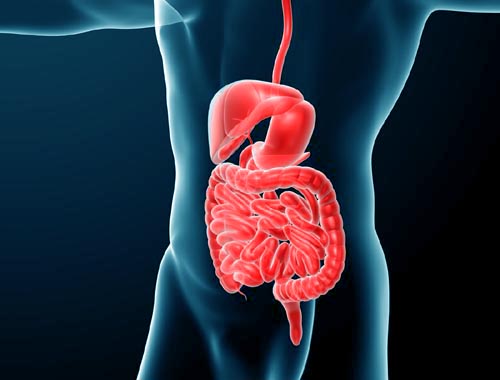
Basic Metabolic Panel (BMP)
The BMP is a blood test that measures the fluid and electrolyte balance in your body. It also assesses kidney function and blood sugar levels.
Components of the BMP:
* Sodium (Na+): Normal range: 136-144 mEq/L. Indicates fluid balance and kidney health.
* Potassium (K+): Normal range: 3.7-5.2 mEq/L. Reflects kidney function and muscle activity.
* Chloride (Cl-): Normal range: 96-106 mmol/L. Contributes to fluid balance.
* Bicarbonate (HCO3-): Normal range: 23-29 mmol/L. Regulates pH balance.
* Calcium: Normal range: 8.5-10.2 mg/dL. Essential for bone, teeth, and muscle health.
* Creatinine: Normal range: 0.8-1.2 mg/dL. Indicates kidney function.
* Blood urea nitrogen (BUN): Normal range: 6-20 mg/dL. Byproduct of protein metabolism; reflects kidney function.
* Glucose: Normal range: 64-100 mg/dL. Primary source of energy for the body.
Interpretation:
The BMP results can help diagnose conditions related to:
* Kidney function
* Electrolyte imbalance
* Fluid balance
* Blood sugar levels
Factors Affecting Results:
* Fasting (required for up to 12 hours before the test)
* Medications
* Diet
* Stress levels
* Lab technique
False Results:
* High or low results can occur due to factors such as:
* Errors in sample handling
* Contamination
* Certain medications
Medical Implications:
* Abnormal BMP results may be a sign of underlying medical conditions, such as:
* Kidney disease
* Diabetes
* Electrolyte disturbances


DDxHub is a concentrator that holds a lot of disease descriptions. It relies on the System knowledgebase to diagnose a health condition.
Differential diagnosis Hub is the System distinguishing of a particular disease or health condition from others.